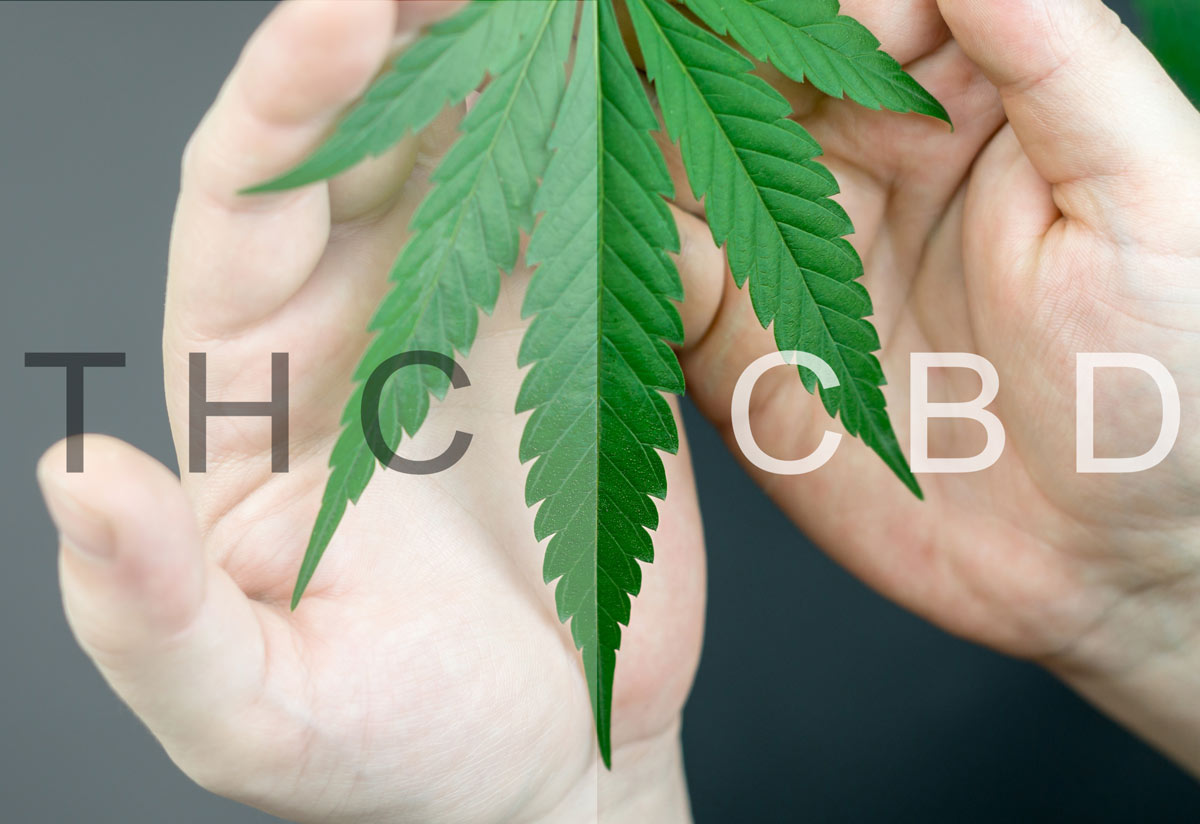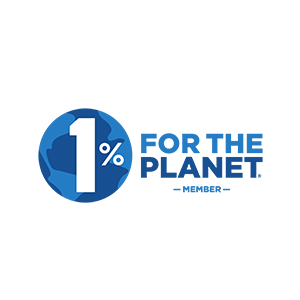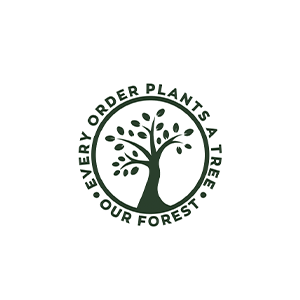
What's the Difference? | CBD vs. THC – Part II
WRITTEN BY GRETA JOHNSON AND DR. SWATHI
At this point, you've probably heard about CBD and THC. It seems to be top of mind for so many people right now. With that, there seem to be big changes in the space on a daily basis–particularly with the research coming out supporting the use of cannabinoids in more and more contexts. But, it is important to note that CBD and THC, while chemically very similar, function very differently in the body and regulated differently across the country (and world). For more background of these two compounds, check out Part I of this series.
Are CBD and THC legal?
CBD and THC are a part of cannabis, so that they are both considered Schedule I drugs under federal law. This means that they are highly regulated and must be treated as such. However, hemp-derived CBD products (with less than 0.3% of THC) are legal on a federal level, but states can regulate hemp-derived CBD as they see fit.
Cannabis-derived CBD products are illegal on a federal level, but legal under many state laws. As of August 2022, 37 U.S. states, 3 U.S. territories, and the District of Columbia allow for medical use of cannabis products.
If you live in a state where cannabis products are still illegal, make sure to research the laws in your state prior to buying CBD or THC products online, as if products are illegal in your state and you are caught possessing the items, you could face legal consequences.
If I use CBD, will it show up on a drug test? What about THC?
Short answer: It depends–on whether you're ingesting THC. If the CBD product is from a trusted brand who did the appropriate third-party testing and has 0% THC, then you should not fail a drug test. If the product does have THC or did not get each batch tested for ingredients and purity, then it's possible it could show up on a drug test.
A true CBD-only product should not show up on most standard drug tests. Additionally, CBD products derived from hemp have a fairly low THC content, but since it lingers in your system and depending on how much CBD you are using, the THC may build up and show as positive on a drug test.
It is important to read labels and get your CBD products from a reputable source, since some products that make certain claims about CBD may also contain higher levels of THC without you knowing.
Most conventional urine drug tests include THC so if you are drug tested, stick to products that are CBD isolate (CBD only) or broad-spectrum CBD (containing all compounds of the plant with THC removed–0% THC).
What kind of labeling should I focus on when buying CBD products?
The main differences between the three most common CBD product labels are listed below.
Full-spectrum CBD has all the naturally occurring compounds in a plant when extracted. So for example, in hemp-derived CBD, the THC content will not exceed 0.3%.
Broad-spectrum CBD has all the naturally occurring compounds in a plant when extracted, without the THC. There can be lingering amounts of THC, but it is generally negligible (the percentage will be quantified in third-party laboratory testing).
CBD isolate is exactly what its name implies–pure CBD with no contaminants or other compounds.
Before buying CBD products, it is important to check that each batch has a “Certificate of Analysis"–a lengthy lab report-type document to signify that the product was analyzed in a laboratory certifying the ingredients and whether there are pesticides or other problematic substances (heavy metals, pollutants, etc.).
Will I have any intoxicating effects from CBD?
Unlike the characteristic euphoric “high” produced from THC, CBD is not intoxicating, even at high doses.
How do I learn more about CBD and THC?
For any additional questions, please contact our Chief Scientific Officer, Dr. Swathi Varanasi.
Resources:
1. National Center for Biotechnology Information. PubChem Compound Summary for CID 2978, (-)-delta9-trans-Tetrahydrocannabinol. https://pubchem.ncbi.nlm.nih.gov/compound/delta9-trans-Tetrahydrocannabinol.
2. National Center for Biotechnology Information. PubChem Compound Summary for CID 644019, Cannabidiol. https://pubchem.ncbi.nlm.nih.gov/compound/644019.
3. Agriculture Improvement Act of 2018.
4. Nelson KM, Bisson J, Singh G, et al. The Essential Medicinal Chemistry of Cannabidiol (CBD). J Med Chem. 2020;63(21):12137-12155.
5. National Conference of State Legislatures.
--
This article was written by Dr. Swathi and Elēment Apothēc Scientific Communications Intern, Greta Johnson. She is a Doctor of Pharmacy (PharmD) student at Northeastern University School of Pharmacy at the Bouvé College of Health Sciences in Boston, Massachusetts.











